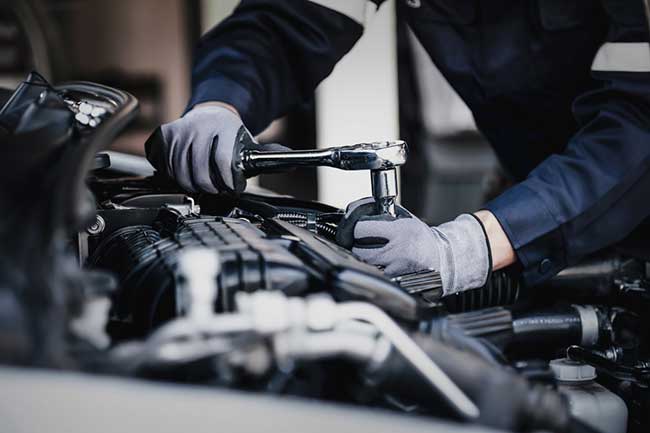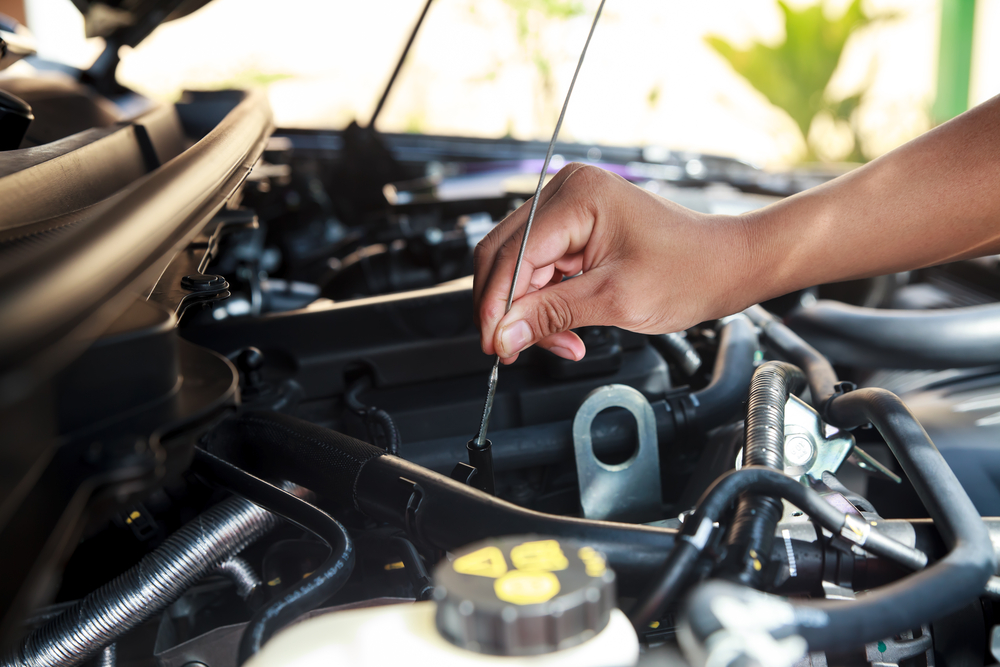All Categories
Featured
Tire rotations could not always be leading of mind for car maintenance, but they play a vital duty in guaranteeing your car's security, efficiency, and longevity. By on a regular basis revolving your tires, you can stop uneven wear, maximize your tires' life expectancy, and improve your driving experience.
What Is Tire Rotation?
Tire turning is the process of moving tires to various placements on your vehicle to guarantee even wear. Depending upon your automobile's drivetrain-- front-wheel drive (FWD), rear-wheel drive (RWD), or four-wheel drive (AWD)-- the front and rear tires experience various levels of stress. Frequently rotating your tires aids disperse this wear evenly.
Advantages of Normal Tire Turnings
Also Tire Use
Tires on various axles experience various levels of tension. For instance, front tires on a FWD automobile take care of acceleration, braking, and steering, creating them to put on quicker.
Turning the tires makes sure even wear, allowing all four tires to preserve comparable walk deepness.
Boosted Handling and Security
![]()
Uneven tread depth can lead to inequalities, lowered grip, and jeopardized handling, particularly on damp or unsafe roadways.
Revolved tires make certain consistent efficiency and a much safer driving experience.
Prolonged Tire Lifespan
Also put on methods your tires last much longer, saving you money on premature substitutes.
Better Fuel Performance
![]()
Erratically worn tires can enhance rolling resistance, requiring even more energy from the engine and decreasing gas economic situation.
Balanced tires lower pressure on the car and improve efficiency.
Expense Savings
By extending the life of your tires and avoiding early replacements, regular rotations can conserve you substantial prices gradually.
Recommended Rotation Intervals
Most suppliers recommend turning your tires every 5,000 to 7,500 miles. A good guideline of thumb is to have your tires rotated during routine maintenance gos to, such as oil modifications. Always refer to your automobile's owner manual for specific guidelines.
Typical Tire Turning Patterns
The rotation pattern depends on your car's drivetrain and tire kind:
Front-Wheel Drive: Swap front tires with the rear ones, crossing them diagonally.
Rear-Wheel Drive: Move rear tires to the front axle and cross them.
Four-wheel Drive: Utilize an "X" pattern for balanced wear.
Directional Tires: Make sure the tires continue to be on the very same side to keep their created performance.
Signs You Required a Tire Turning
Unequal wear patterns on the tires.
Lorry resonances, especially at higher rates.
Reduced gas efficiency.
Trouble keeping control in damaging conditions.
Last Thoughts
Normal tire turnings are crucial for keeping your vehicle's security and efficiency. By spending time in this straightforward treatment, you'll enjoy a smoother experience, improved handling, and considerable price financial savings in the future. Schedule your following tire rotation with a relied on provider and make it a regular part of your upkeep routine.
What Is Tire Rotation?
Tire turning is the process of moving tires to various placements on your vehicle to guarantee even wear. Depending upon your automobile's drivetrain-- front-wheel drive (FWD), rear-wheel drive (RWD), or four-wheel drive (AWD)-- the front and rear tires experience various levels of stress. Frequently rotating your tires aids disperse this wear evenly.
Advantages of Normal Tire Turnings
Also Tire Use
Tires on various axles experience various levels of tension. For instance, front tires on a FWD automobile take care of acceleration, braking, and steering, creating them to put on quicker.
Turning the tires makes sure even wear, allowing all four tires to preserve comparable walk deepness.
Boosted Handling and Security

Uneven tread depth can lead to inequalities, lowered grip, and jeopardized handling, particularly on damp or unsafe roadways.
Revolved tires make certain consistent efficiency and a much safer driving experience.
Prolonged Tire Lifespan
Also put on methods your tires last much longer, saving you money on premature substitutes.
Better Fuel Performance

Erratically worn tires can enhance rolling resistance, requiring even more energy from the engine and decreasing gas economic situation.
Balanced tires lower pressure on the car and improve efficiency.
Expense Savings
By extending the life of your tires and avoiding early replacements, regular rotations can conserve you substantial prices gradually.
Recommended Rotation Intervals
Most suppliers recommend turning your tires every 5,000 to 7,500 miles. A good guideline of thumb is to have your tires rotated during routine maintenance gos to, such as oil modifications. Always refer to your automobile's owner manual for specific guidelines.
Typical Tire Turning Patterns
The rotation pattern depends on your car's drivetrain and tire kind:
Front-Wheel Drive: Swap front tires with the rear ones, crossing them diagonally.
Rear-Wheel Drive: Move rear tires to the front axle and cross them.
Four-wheel Drive: Utilize an "X" pattern for balanced wear.
Directional Tires: Make sure the tires continue to be on the very same side to keep their created performance.
Signs You Required a Tire Turning
Unequal wear patterns on the tires.
Lorry resonances, especially at higher rates.
Reduced gas efficiency.
Trouble keeping control in damaging conditions.
Last Thoughts
Normal tire turnings are crucial for keeping your vehicle's security and efficiency. By spending time in this straightforward treatment, you'll enjoy a smoother experience, improved handling, and considerable price financial savings in the future. Schedule your following tire rotation with a relied on provider and make it a regular part of your upkeep routine.
Latest Posts
How We Make Flooring Easy at Carpet Interiors Floor & Home
Published Apr 19, 25
1 min read
Built on Top Quality, Driven by Solution
Published Apr 19, 25
1 min read
Where Flavor Meets Fun at Lucky Street
Published Apr 19, 25
1 min read